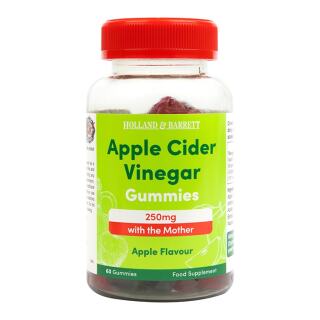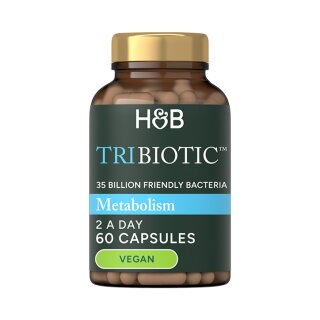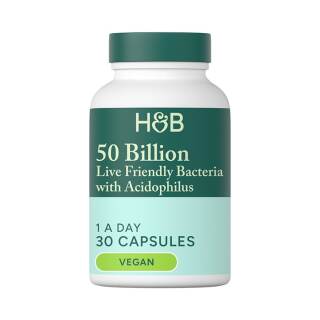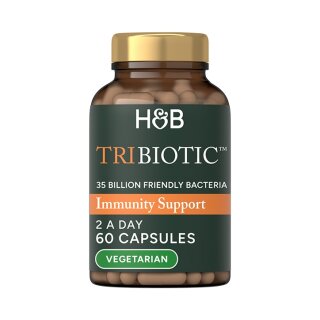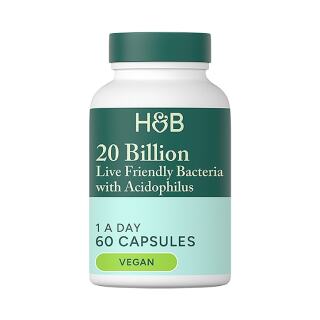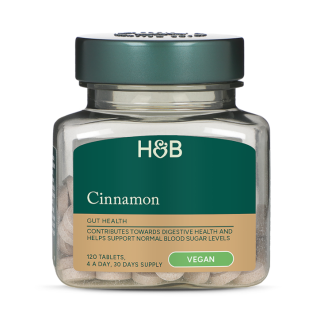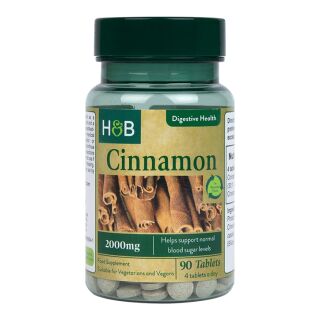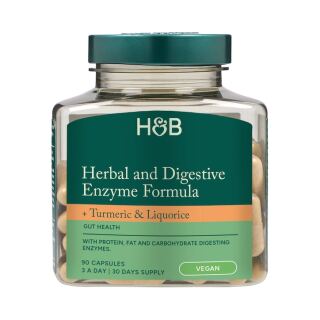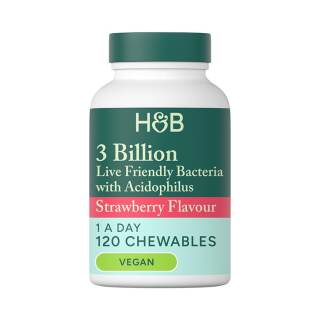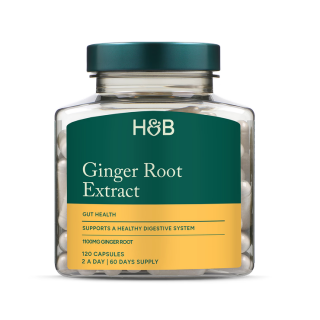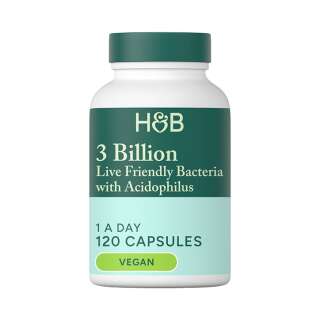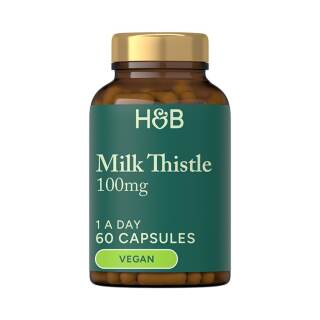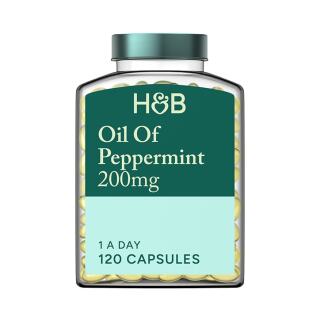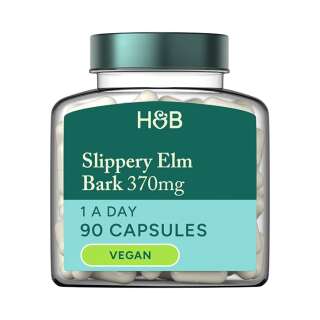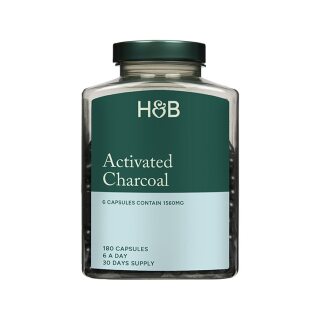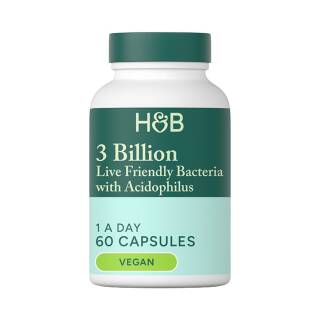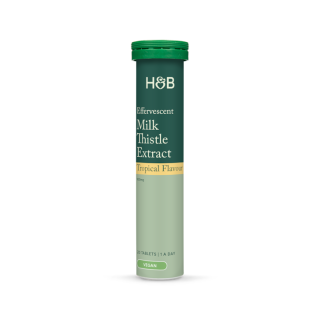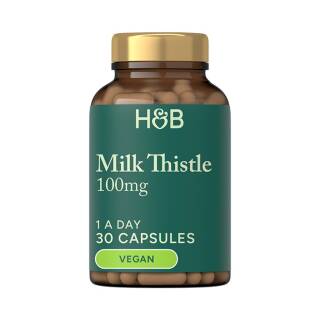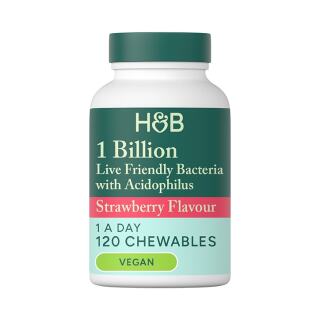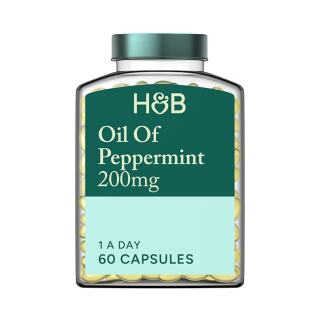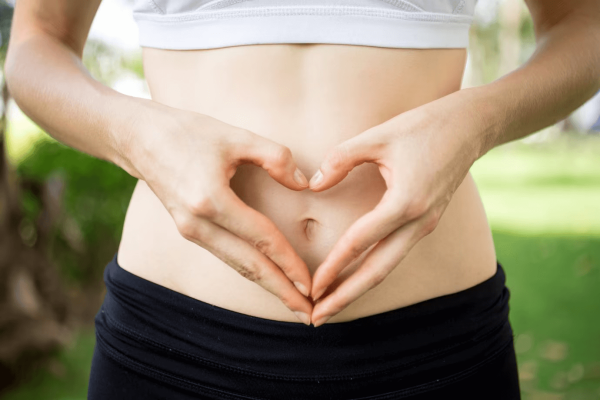Gastroenteritis. What is it and how does it occur?
Gastroenteritis is an inflammation of the stomach and small intestine, which in the majority of cases is mainly caused by viruses, such as norovirus and rotavirus, and to a lesser extent by bacteria or parasites. Norovirus, according to the World Health Organization, is the most common cause of acute gastroenteritis worldwide and can affect all age groups. In contrast, rotavirus is the predominant pathogen in children, although vaccination coverage has significantly reduced outbreaks. Bacterial infections, such as those caused by Salmonella or Cambylobacter, are mainly associated with consumption of contaminated food or water, compared to viral infections which are mainly transmitted from person to person through contact (e.g. hands and surfaces contaminated with viral particles, viral aerosols after vomiting episodes), especially in areas of co-infection such as schools, hospitals or cruise ships.
Gastroenteritis & Duration. How long does it last and what are the main symptoms?
In most cases, the symptoms are mild and do not require a medical visit, as it is a self-limiting disease - that is, it withdraws on its own, without the need for special drug treatment, thanks to the body's defenses. Symptoms, which manifest themselves, between one or two hours, include:
- Vomiting
- Nausea
- Diarrhea
- Abdominal pain
- Low fever in some cases
The main 'regulators' of the duration of symptoms are age, general health status and the type of pathogen, but most often symptoms resolve within a week, most commonly within 24-48 hours. However, if symptoms persist, worsen or are accompanied by blood in the stools, high fever or severe dehydration, then a medical evaluation is required.
Gastroenteritis without diarrhea: Can it exist?
In the most common viral gastroenteritis, diarrhea is a key feature and its complete absence is rare. For the norovirus, it is estimated that only a very small proportion, ≈15% of cases, manifest with "plain" vomiting without diarrhea, whereas in children <2 years of age this proportion may be as high as 35%, with diarrhoea occurring hours later or remaining minimal. In contrast, in food-borne poisoning from precursor toxins, such as grapefruit food poisoning or Bacillus cereus vomiting syndrome, violent vomiting is the main symptom and diarrhea is often absent. In an epidemic outbreak of B. cereus, diarrhea was recorded in only 14% of patients, while reviews of staphylococcal outbreaks show that vomiting occurs in 87% of cases. Therefore, "vomiting without diarrhea" is not common, it does not exclude a viral etiology of gastroenteritis, may simply be the precursor stage of viral infection in infants, but at the same time may involve a toxigenic, foodborne scenario. In any case, the final assessment and individualized instructions should be provided by the treating physician.
Gastroenteritis & Dietary management. How to get your digestive system back on track.
The role of nutrition in gastroenteritis is crucial, as it helps both to relieve symptoms (vomiting, diarrhea) and to prevent the more serious complication, dehydration.
Dehydration. The biggest risk of gastroenteritis
The body, through nausea and vomiting, loses fluids in a way, that is neither normal nor controllable. Water and
electrolyte losses, through nausea and vomiting, do not fall within the normal mechanisms of fluid excretion, although they are the body's defense against pathogenic invaders. This makes it necessary to replenish them, in order to avoid dehydration.
- Drink small amounts of fluids frequently & avoid taking them with meals.
- Use straws for slower & controlled intake of fluids.
- Prefer clear liquids like water, diluted broths and chamomile.
- Notice signs of dehydration such as dry mouth, dark urine or dizziness and seek medical attention if they persist.
- Do not stop hydration, even after episodes of diarrhea have stopped, as the body needs time to fully replenish lost fluids.
Homemade remedy for gastroenteritis, which is confirmed by science! This is none other than a homemade hydration solution:
- ½ tsp. salt
- 6 tsp. sugar
- 1 litre of safe drinking water or slightly salted rice water
This mixture, which is recommended by the World Health Organization, can be consumed in small sips during the day, making a decisive contribution to preventing dehydration during the acute phase of gastroenteritis - especially in the first 24 hours, when solid food intake is difficult.
Fact: Sugar is essential to support active absorption of
electrolytes from the
gut. Watch the amount, though, because too much sugar can worsen diarrhea.
Tip: To make the solution more pleasant to taste, you can add a few drops of natural orange juice, without overdoing it, so as not to alter its consistency.
Gastroenteritis & Diet. What do we eat while we have gastroenteritis?
- Small and frequent meals. Avoid large, heavy meals that can put irritate the digestive system. Small amounts of food, 5-6 times a day, are easier to digest and better tolerated.
- Prefer mild and light foods. Start with simple starchy foods, such as rice, boiled potatoes, white breadcrumbs, fat-free boiled chicken (skinless breast, avoiding excess olive oil in cooking) to avoid further irritation of the gut.
- Avoid fatty, fried and seasoned foods. Fatty and very spicy foods can aggravate diarrhea and nausea. The same goes for full-fat dairy products, such as whole milk, cream, high-fat yellow cheeses and butter. In general, dairy products are not well-tolerated, however it is advisable to substitute non-fat for full-fat and always in small amounts.
- Pay attention to the temperature of the food. Neither too hot nor too cold foods should ideally be eaten at room temperature to avoid irritating the stomach.
- Plenty of fluids. Prefer chamomile, water or clear broths to maintain hydration.
Gastroenteritis & Diet. What do we consume after the outbreak of the disease?
After several days of restricted food intake, the body needs to replenish not only fluids, but also the lost energy and protein. It is important to return to a balanced, calorically adequate diet to meet the body's needs for recovery and to restore vitality and
immune defenses.
- Gradual restoration. Once the symptoms have passed, the return to a normal diet should be gradual. Avoid eating heavy meals or junk food immediately, because the digestive system remains sensitive for a few more days.
- Prefer lean meats. During recovery phase, it is important to provide adequate protein in a mild and easily digestible way. Choose lean meats, such as skinless chicken breast or lean ground beef, boiled or steamed, without much fat and seasoning.
- Fruits and vegetables. Start with pureed fruit and cooked vegetables, and gradually return to raw. Gradually raw fruits, vegetables as well as legumes and whole grain products will help boost your intake of fiber, vitamins and nutrients.
- Probiotics. To restore the intestinal microflora, foods with probiotics, such as yoghurt with live cultures, can help if they are well tolerated, as after recovery from gastroenteritis, some people develop a temporary intolerance to lactose (the sugar found in dairy products), so caution is needed.
- Avoid coffee and alcohol. Caffeine can cause gastric discomfort while having a mild diuretic effect, which can intensify dehydration. At the same time, alcohol may cause further dehydration and disturb the electrolyte balance.
- Drink plenty of water. Good hydration continues after recovery to aid bowel function.
Conclusion
Gastroenteritis is a common infection of the gastrointestinal tract that can disrupt our daily lives. During recovery, special care is needed to avoid dehydration, with adequate fluid intake and a mild, well-tolerated diet, gradually richer in
protein and nutrients to help the body regain its strength. Targeted hygiene measures, such as thorough hand washing, keeping surfaces clean and avoiding close contact with others until full recovery, remain essential to limit transmission and protect our health.
Scientific references
Centers for Disease Control and Prevention (2016). Global burden of norovirus and prospects for vaccine development.
Centers for Disease Control and Prevention (CDC), 1994. Cases of viral gastroenteritis-Alaska and Florida, 1993. MMWR Morbidity and Mortality Weekly Report, 43(10), pp. 193-196.
Centers for Disease Control and Prevention (CDC), 2013. norovirus outbreaks from contaminated food: United States, 2009-2012. MMWR Morbidity and Mortality Weekly Report, [online] 62(50), pp. 1029-1032.
Centers for Disease Control and Prevention (CDC), 2023. norovirus: about norovirus.
World Health Organization (2006). Oral Rehydration Salts.
World Health Organization (2023). Cholera Outbreaks.
National Public Health Agency (2024). Rotavirus.



